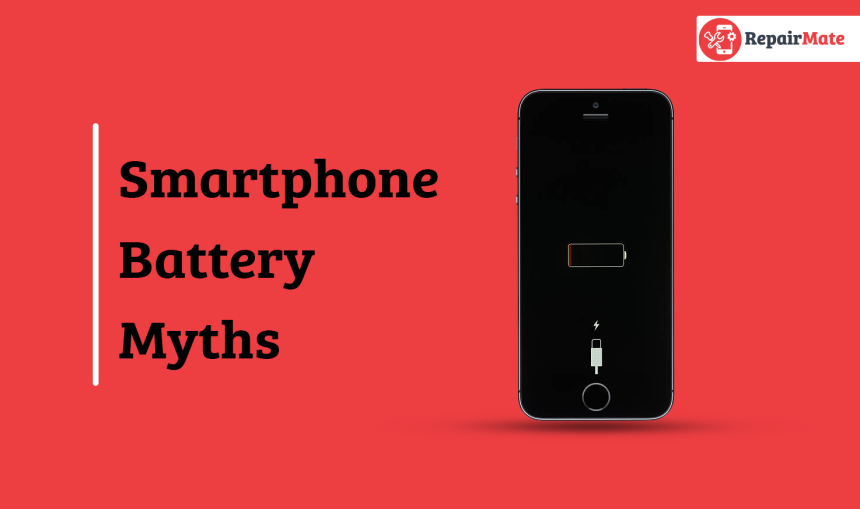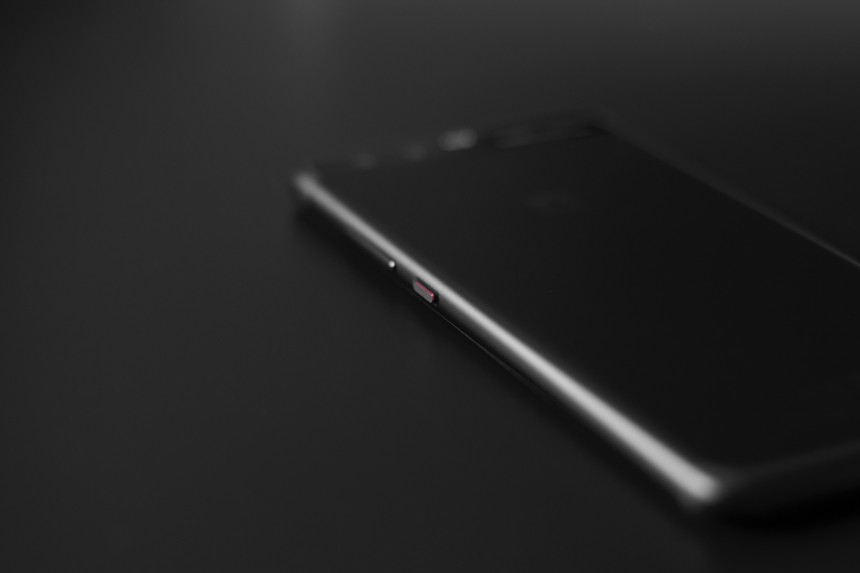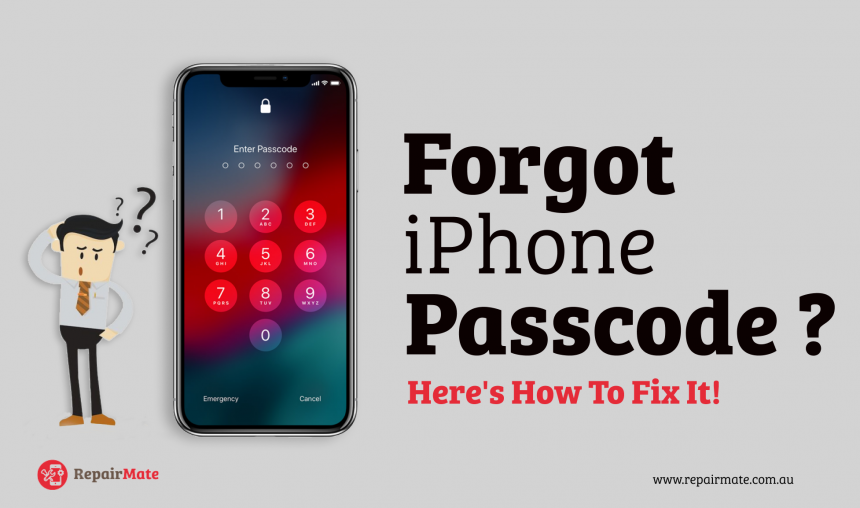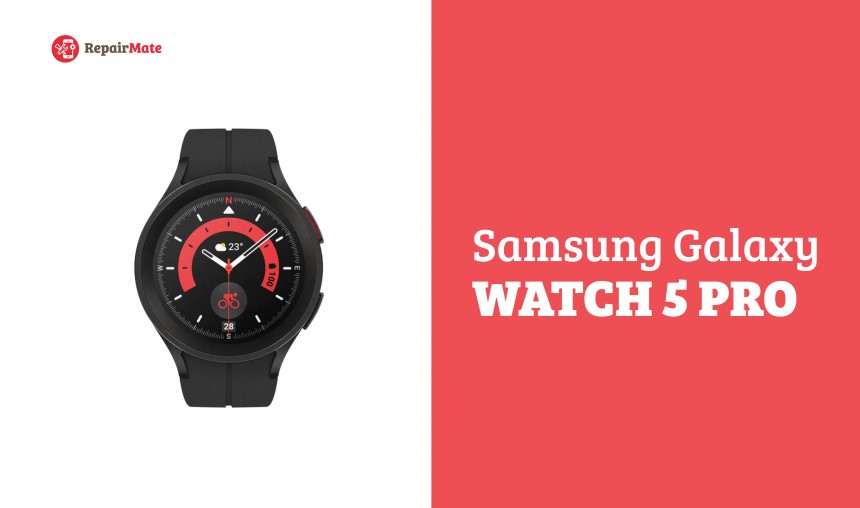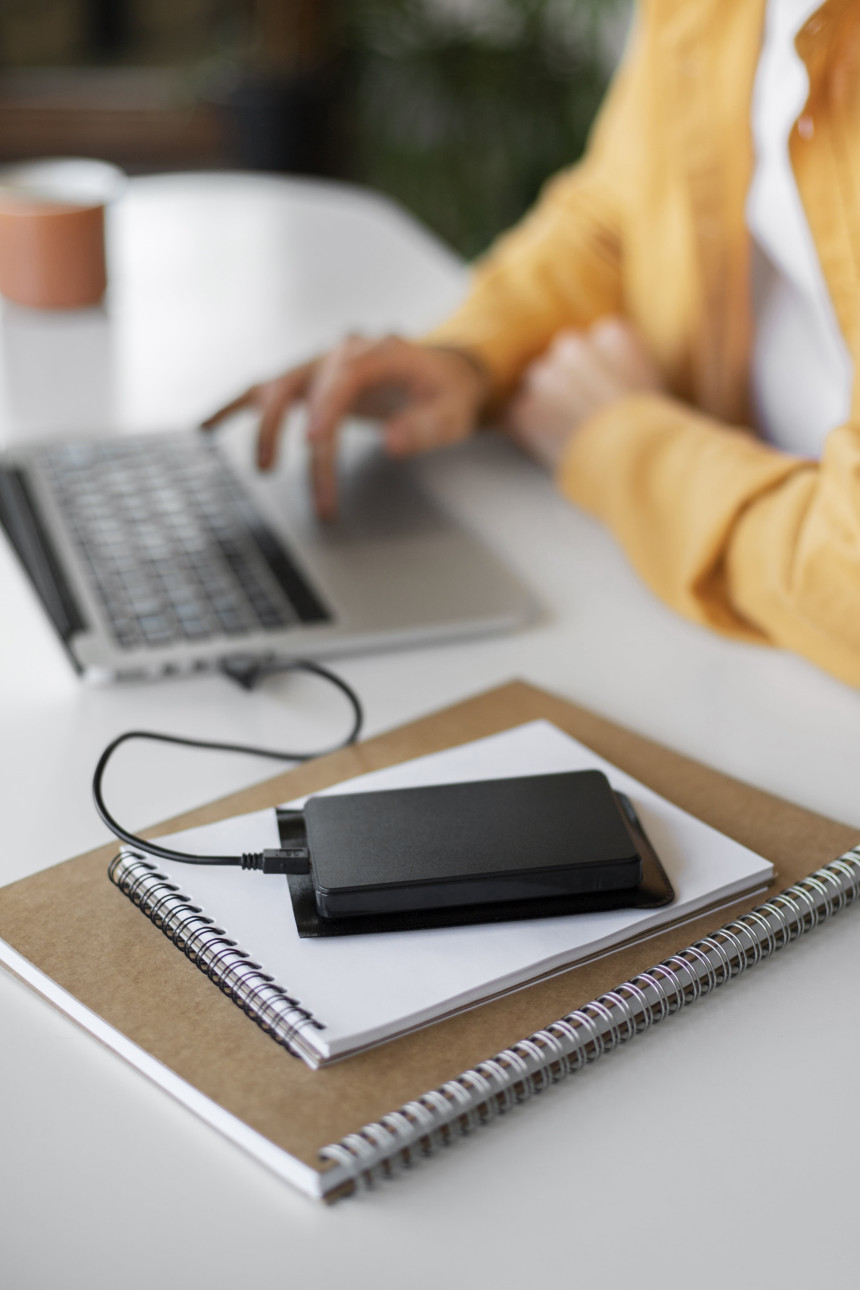
Is Charging Phone From Laptop Bad
In today's fast-paced world, our smartphones have become an essential part of our lives. We rely on them for communication, entertainment, and staying connected with the world around us. However, with heavy usage comes the need for frequent charging. Thankfully, charging your phone from your laptop has become a popular and convenient method that many people rely on.
The ease of charging your phone from your laptop cannot be overstated. It eliminates the need for carrying around multiple chargers or searching for an available power outlet when you're on the go. Whether you're at work, in a coffee shop, or traveling, all you need is a USB cable and your trusty laptop to keep your phone powered up.
Key Takeaways
- Charging your phone from your laptop is convenient, but it may have negative effects on your phone's battery life and health.
- The voltage of your laptop's USB port may not be optimal for charging your phone, leading to slower charging and reduced battery life.
- Overheating is a risk when charging your phone from your laptop, which can damage both your phone and laptop.
- Using the right charger for your phone, such as a wall charger, can help maintain your phone's battery health and prevent overheating.
- Charging your phone from public computers or chargers can pose security risks and potentially damage your phone.
The Science Behind Charging Your Phone from Your Laptop
To understand how charging works when using your laptop as a power source, it's important to delve into the science behind it. When you connect your phone to your laptop via a USB cable, electricity flows through the cable and into your phone's battery.
Voltage and amperage play crucial roles in this process. Voltage refers to the electrical potential difference between two points (in this case, between your laptop and phone), while amperage measures the rate at which electric current flows through a circuit.
The Impact of Voltage on Your Phone's Battery Life
Voltage plays a significant role in determining how efficiently and effectively your phone charges when connected to a laptop. Using high or low voltage can have adverse effects on its battery life.
High voltage can cause excessive heat buildup within the battery cells during charging cycles, leading to accelerated degradation over time. On the other hand, low voltage may result in slower charging speeds or even failure to charge altogether.
It is crucial to use chargers that provide an appropriate voltage level compatible with your specific device model to ensure optimal performance without compromising battery health.
The Risks of Overheating Your Phone While Charging from Your Laptop
Overheating is a common concern when charging any electronic device, including smartphones. Excessive heat can damage internal components and negatively impact performance.
Charging your phone from a laptop may increase the risk of overheating due to several factors. Laptops generate more heat compared to wall chargers since they are multitasking devices with various components running simultaneously. Additionally, laptops often have limited ventilation compared to dedicated wall chargers designed specifically for charging purposes.
To mitigate this risk, it is advisable not to use resource-intensive applications or place your laptop on soft surfaces that obstruct airflow while charging your phone
The Importance of Using the Right Charger for Your Phone
Using the right charger for your phone cannot be emphasised enough when considering its overall health and longevity. While charging from a laptop may seem convenient, using a dedicated wall charger designed specifically for your device offers numerous benefits.
Firstly, using the right charger ensures that you provide an optimal voltage level required by your smartphone model during each charge cycle. This helps maintain consistent performance without subjecting the battery cells to unnecessary stress caused by incompatible voltages.
Secondly, dedicated chargers often come equipped with advanced safety features such as overcharge protection and temperature regulation. These features help safeguard your phone's battery from potential damage caused by voltage fluctuations or overheating.
The Benefits of Using a Wall Charger Instead of a Laptop
While charging your phone from a laptop offers convenience, there are distinct advantages to using a dedicated wall charger whenever possible.
One significant advantage is the speed at which your phone charges. Wall chargers are designed to deliver higher amperage compared to most laptops, resulting in faster charging times. This can be particularly beneficial when you need to quickly top up your battery before heading out.
Additionally, having a dedicated charger means you don't have to rely on your laptop for power, freeing it up for other tasks or conserving its battery life when you're on the move.
The Impact of Charging Your Phone from a Laptop on Your Laptop's Battery Life
While we've discussed the impact of charging your phone from a laptop on your phone's battery health, it's equally important to consider how this method affects your laptop's battery life.
When you charge another device like your smartphone through USB ports on your laptop, it draws power directly from its own internal battery. This means that each time you charge your phone using this method, it contributes to draining the overall capacity of the laptop's battery.
It is crucial to monitor and manage how frequently and for how long you charge external devices through USB ports on laptops to avoid excessive strain on their batteries and ensure optimal performance in the long run.
The Risks of Damaging Your Laptop's USB Ports While Charging Your Phone
Charging external devices such as smartphones through USB ports can potentially damage these ports over time if not done correctly or with caution.
Repeatedly inserting and removing USB cables can cause wear and tear on both ends - the cable itself and the port it connects into - leading to loose connections or even physical damage such as bent pins within the port itself.
To minimise the risk of damaging your laptop's USB ports, it is advisable to handle cables with care, avoid excessive force when connecting or disconnecting them, and periodically inspect both the cable and port for any signs of damage.
The Impact of Charging Your Phone from a Laptop on Your Laptop's Performance
Charging your phone from a laptop can have an impact on its overall performance due to the additional power draw required to charge external devices.
When you connect your phone to your laptop for charging purposes, it diverts power that would otherwise be used for running various applications and processes. This can result in slower performance or increased lag when multitasking or running resource-intensive tasks on your laptop.
To mitigate this impact, it is advisable to close unnecessary applications or processes while charging your phone from a laptop. Additionally, using a dedicated wall charger whenever possible can help maintain optimal performance levels without compromising battery life.
The Effect of Charging Your Phone from a Laptop on Your Electricity Bill
While charging your phone from a laptop may seem like an economical choice compared to using wall chargers, it is essential to consider its impact on your electricity bill in the long run.
Laptops consume more power compared to dedicated wall chargers due to their multifunctional nature and higher energy requirements. Therefore, each time you charge your phone through a laptop instead of using a wall charger specifically designed for charging purposes, you contribute slightly more towards increasing energy consumption and subsequently higher electricity bills over time.
It is important to strike a balance between convenience and cost-effectiveness by considering alternative options such as power banks or portable chargers that offer both mobility and efficiency without significantly impacting electricity bills
The Benefits of Using a Power Bank Instead of a Laptop
Power banks have gained popularity as an alternative method for charging smartphones due to their portability and convenience. They offer several advantages over relying solely on laptops as power sources.
One significant benefit is the ability to charge your phone on the go without requiring a laptop or access to a power outlet. Power banks come in various sizes and capacities, allowing you to choose one that suits your needs and provides multiple charges for your phone before needing recharging itself.
Additionally, power banks are specifically designed for charging purposes, ensuring optimal voltage levels and safety features that protect both your phone's battery health and the power bank itself from potential damage caused by overcharging or overheating.
The Risks of Charging Your Phone from Public Computers or Chargers
While charging your phone from public computers or chargers may seem like a conve
nient option when you're out and about, it comes with inherent risks that should not be overlooked.
Public computers may have compromised security measures or malware-infected systems that can potentially infect your smartphone when connected via USB. This can lead to data theft, unauthorised access to personal information, or even complete loss of data.
Similarly, using public chargers without proper authentication can expose your device to potential risks such as malware injection through compromised charging cables or unauthorised access to sensitive information stored on your smartphone.
To mitigate these risks, it is advisable to use only trusted devices and chargers when outside of secure environments. Consider investing in portable power banks as an alternative solution for charging on the go while maintaining control over security measures.
Conclusion: Is Charging Your Phone from Your Laptop Bad?
In conclusion, charging your phone from a laptop offers undeniable convenience but comes with its own set of considerations and potential risks. Understanding the science behind charging processes helps us make informed decisions about how we charge our devices effectively while safeguarding their longevity.
The impact of voltage on battery life emphasises the importance of using compatible chargers with appropriate voltage levels specific to each device model. Overheating is another concern associated with laptop charging due to increased heat generation compared to dedicated wall chargers designed solely for this purpose.
Using the right charger not only ensures optimal performance but also protects your phone's battery health from potential damage caused by incompatible voltages or overheating. Additionally, it is crucial to be mindful of the impact laptop charging may have on your laptop's battery life and performance.
While charging from a laptop may seem cost-effective, it is important to consider its impact on electricity bills in the long run. Exploring alternative options such as power banks offers both convenience and efficiency without significantly increasing energy consumption.
Lastly, when charging outside secure environments, it is essential to exercise caution and avoid using public computers or chargers that may compromise security measures or expose your device to potential risks such as malware injection or data theft.
In conclusion, charging your phone from a laptop can be convenient but requires awareness of the risks involved. By understanding the science behind charging processes and taking necessary precautions, we can ensure optimal performance and longevity for our devices while enjoying the convenience this method offers.
FAQs
Is it bad to charge your phone from a laptop?
Charging your phone from a laptop is not necessarily bad, but it may not be the most efficient way to charge your device.
Can charging your phone from a laptop damage the battery?
No, charging your phone from a laptop will not damage the battery. However, it may cause the battery to charge slower than if it were charged with a wall charger.
Why does charging your phone from a laptop take longer?
Charging your phone from a laptop takes longer because the USB ports on laptops typically provide less power than a wall charger. This means that the battery will charge at a slower rate.
Is it better to charge your phone from a wall charger?
Yes, it is generally better to charge your phone from a wall charger because it provides more power and will charge your device faster than a laptop.
Can charging your phone from a laptop affect the performance of your device?
No, charging your phone from a laptop will not affect the performance of your device.
Are there any risks associated with charging your phone from a laptop?
No, there are no significant risks associated with charging your phone from a laptop. However, it may not be the most efficient way to charge your device.

